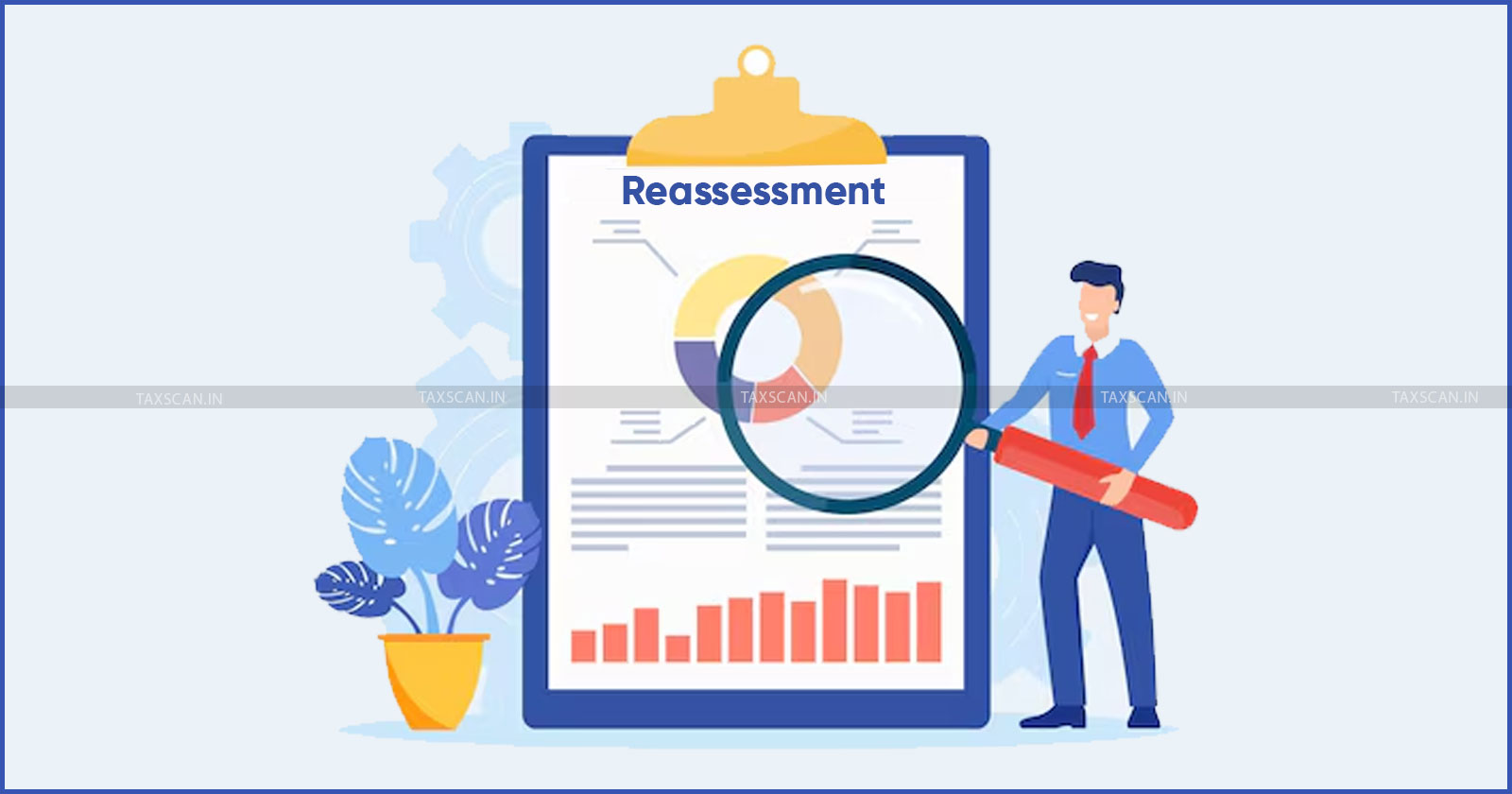GST Dept Cannot Invoke S. 74 without Fraud Findings: Allahabad HC orders to Refund any Deposited amount with 4% Interest [Read Order]
The bench criticised both the adjudicating authority and the appellate authority for quantifying tax and penalty without disclosing any legal or factual reasoning, noting that such action was “not in consonance with the mandate of Section 74
![GST Dept Cannot Invoke S. 74 without Fraud Findings: Allahabad HC orders to Refund any Deposited amount with 4% Interest [Read Order] GST Dept Cannot Invoke S. 74 without Fraud Findings: Allahabad HC orders to Refund any Deposited amount with 4% Interest [Read Order]](https://images.taxscan.in/h-upload/2025/11/19/2106715-gst-dept-allahabad-hc-refund-taxscan.webp)
The Allahabad High Court has held that the GST ( Goods and Services Tax ) Department cannot invoke Section 74 of the CGST Act in the absence of specific findings of fraud, wilful misstatement or suppression of facts with intent to evade tax.
The Court quashed the part of the appellate order that sustained tax and penalty against M/s S.A. Iron & Alloys Pvt. Ltd., holding that neither the adjudicating authority nor the appellate authority recorded the mandatory conditions required for initiating proceedings under Section 74.
The petitioner, S.A. Iron & Alloys Pvt. Ltd, a manufacturer of sponge iron and MS ingots, was subjected to a survey on 1 December 2018 during which the department claimed to have found excess stock, allegedly based only on eye-measurement rather than physical weighment.
Complete practical guide to Drafting Commercial Contracts, Click Here
Initially, penalty proceedings were launched under Section 130 read with c, but these were later quashed by the first appellate authority in January 2023. More than three years after the survey, however, the department issued a show cause notice under Section 74, alleging suppressed production based on electricity consumption and discrepancies in reported stock.
Despite the taxpayer filing a detailed reply, the adjudicating authority imposed tax, interest and penalty through an order dated 10 June 2022. Although the petitioner’s appeal was partly allowed on 24 February 2023, the appellate authority still upheld part of the demand without addressing the statutory requirements for invoking Section 74.
The High Court noted that none of the authorities had recorded any finding that the assessee had availed ITC or conducted transactions through fraud, wilful misstatement, or suppression of facts, conditions that are mandatory for invoking Section 74 rather than Section 73.
 Also Read:No Satisfaction Recorded to Invoke S.153C under Income Tax: Calcutta HC Upholds S.147 Reassessment, Rejects assessee’s Jurisdictional Plea [Read Order]
Also Read:No Satisfaction Recorded to Invoke S.153C under Income Tax: Calcutta HC Upholds S.147 Reassessment, Rejects assessee’s Jurisdictional Plea [Read Order]
The Court relied heavily on its earlier decision in M/s Diamond Steel v. State of U.P. (2023), which held that the department must clearly demonstrate fraud-related elements before resorting to Section 74.
In addition, the bench said that mere stock mismatch, alleged excess production or reliance on electricity consumption data cannot justify invoking Section 74 unless accompanied by a clear finding of fraudulent intent.
The bench of Justice Piyush Agarwal criticised both the adjudicating authority and the appellate authority for quantifying tax and penalty without disclosing any legal or factual reasoning, noting that such action was “not in consonance with the mandate of Section 74.”
The High Court, ruling that the appellate order could not survive without foundational findings of fraud modified the order to the extent it sustained liability against the assessee.
It allowed the writ petition and directed the authorities to refund any amount deposited by the petitioner, along with 4% per annum interest from the date of deposit, within two months of receipt of the order.
Support our journalism by subscribing to Taxscan premium. Follow us on Telegram for quick updates


